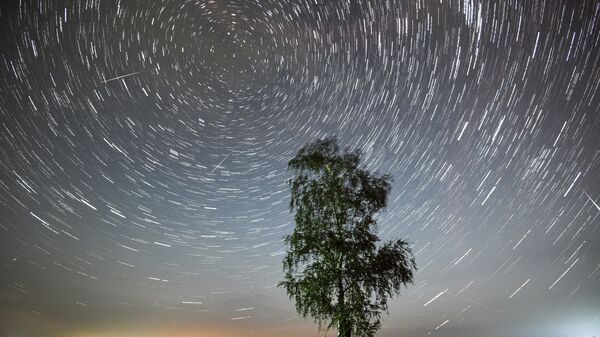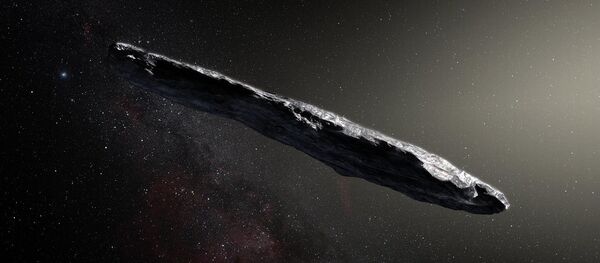Geologists exploring volcanic rocks on Scotland's Isle of Skye have uncovered a meteor strike that took place 60 million years ago. It is the first meteoric impact to have been described within the British Paleogene Igneous Province (BPIP).
"We thought it was an ignimbrite (a volcanic flow deposit)," Simon Drake, an associate lecturer in geology at Birkbeck University of London, was reported by Phys Org as saying.
Drake and his colleagues used an electron microprobe to analyze the rock and they unearthed that it contained rare minerals from outer space: vanadium-rich and niobium-rich osbornite.
The team of geologists also identified reidite, an extremely high pressure form of zircon which is only found in nature after large impacts. There was also native iron and other exotic mineralogy linked to impacts such as barringerite.
Just 7 kilometers away on a second site, which was a two-meter-thick ejecta layer, geologists found the same strange mineralogy.
Sampling the findings was not an easy task for the geologists. "We were sinking in up to our thighs. I distinctly recall saying to (co-author) Andy Beard, 'this had better be worth it.'" Now, Drake said, "It was worth it."
The discovery poses many questions for the scientists, such as where exactly did the meteorite hit and could the impact have caused the outpouring of lava.



